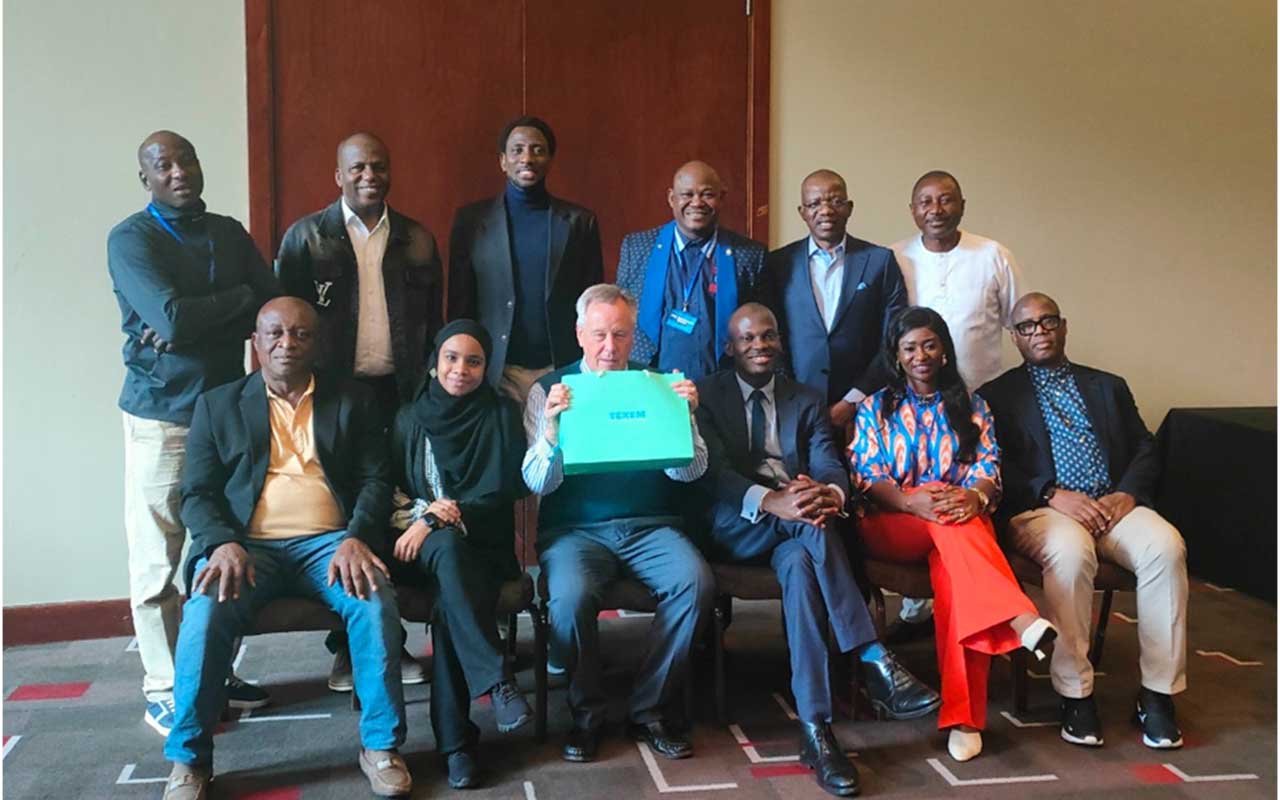
They stated this at the recent TEXEM Strategic Agility and Inspiring Change programme, held from August 26th to 29th, 2024. The executive development programme held in Liverpool was not just a capacity development programme but an immersive experience that combined cutting-edge leadership insights with practical applications, all aimed at empowering leaders to navigate the complexities of today’s turbulent environment.
The programme on the first day was led by Prof. Rodria Laline, delving into the foundations of strategic agility, setting the stage for a week of deep learning and transformative discussions. Participants were introduced to the principles of strategic agility, exploring how these concepts provide a critical leadership edge in times of uncertainty—the afternoon continued with an exploration of effective leadership in change management, where executives learned best practices in implementing change—a crucial skill in maintaining organisational resilience.
Also, Founder of TEXEM, UK, Dr Alim Abubakre, guided participants through a detailed analysis of strategic agility versus agile strategy, drawing on the resource-based view to provide a robust framework for leveraging organisational strengths to win.
Specifically, the presentation on “Strategic Agility vs. Agile Strategy: Leveraging the Resource-Based View” provides leaders with a clear distinction between these two concepts, emphasising the importance of organisational flexibility and rapid adaptation in a dynamic business environment. By leveraging unique resources and capabilities, leaders can sustain competitive advantages and foster resilience against disruptions. The benefits include enhanced decision-making, faster response times, and the ability to capitalise on emerging opportunities, ultimately driving sustainable success in turbulent times.
The third day facilitated by Ambassador Charles Crawford, brought forward big ideas on how to make meetings more effective—a critical component of strategic agility. The final day under the guidance of Prof. Roger Delves was a masterclass in emotional intelligence (EQ) and transformational leadership. Participants explored how strategic relational management fuels sustainable success, delving into authentic and purpose-driven leadership. This session culminated the week’s learning, bringing together the threads of strategic agility, change management, and leadership authenticity into a coherent approach to leading in uncertain times.
Throughout the programme, participants were engaged in learning and networking during informal discussions over lunch and dinner, creating connections that are sure to last well beyond the programme. The farewell dinner on Thursday evening marked the conclusion of a week that was as much about building community as it was about gaining knowledge.
The programme’s methodology encompasses group and individual impactful activities, peer-to-peer learning, games, observation practice, and self-reflection to make learning fun, engaging, and insightful. This approach not only made the sessions more enjoyable but also ensured that the insights were deeply ingrained, practical, and immediately applicable. Participants left with a sense of accomplishment, armed with actionable strategies to drive organisational success.
Testimonials from the participants underscored the programme’s success: “The programme is all about strategic agility, and we’re living in times of disruption. The programme has equipped me with some valuable skills in terms of emotional intelligence, in terms of transformational leadership, and these are quite important ingredients and tools for any organisation that wants to thrive and succeed.” Rabia Wanka, Head of Oil and Gas Transactions, NEXIM Bank.
“A lot has been learned. And, specifically, I like the energy. Sincerely, I’ve had other international programmes, but this is with a difference, the faculties that were brought, the way the programme is structured, you know, around organisation and around self. It’s distinct, and I want to recommend it to leaders, to come to TEXEM.” John Tizhe, Executive Director, NPF Microfinance Bank.






